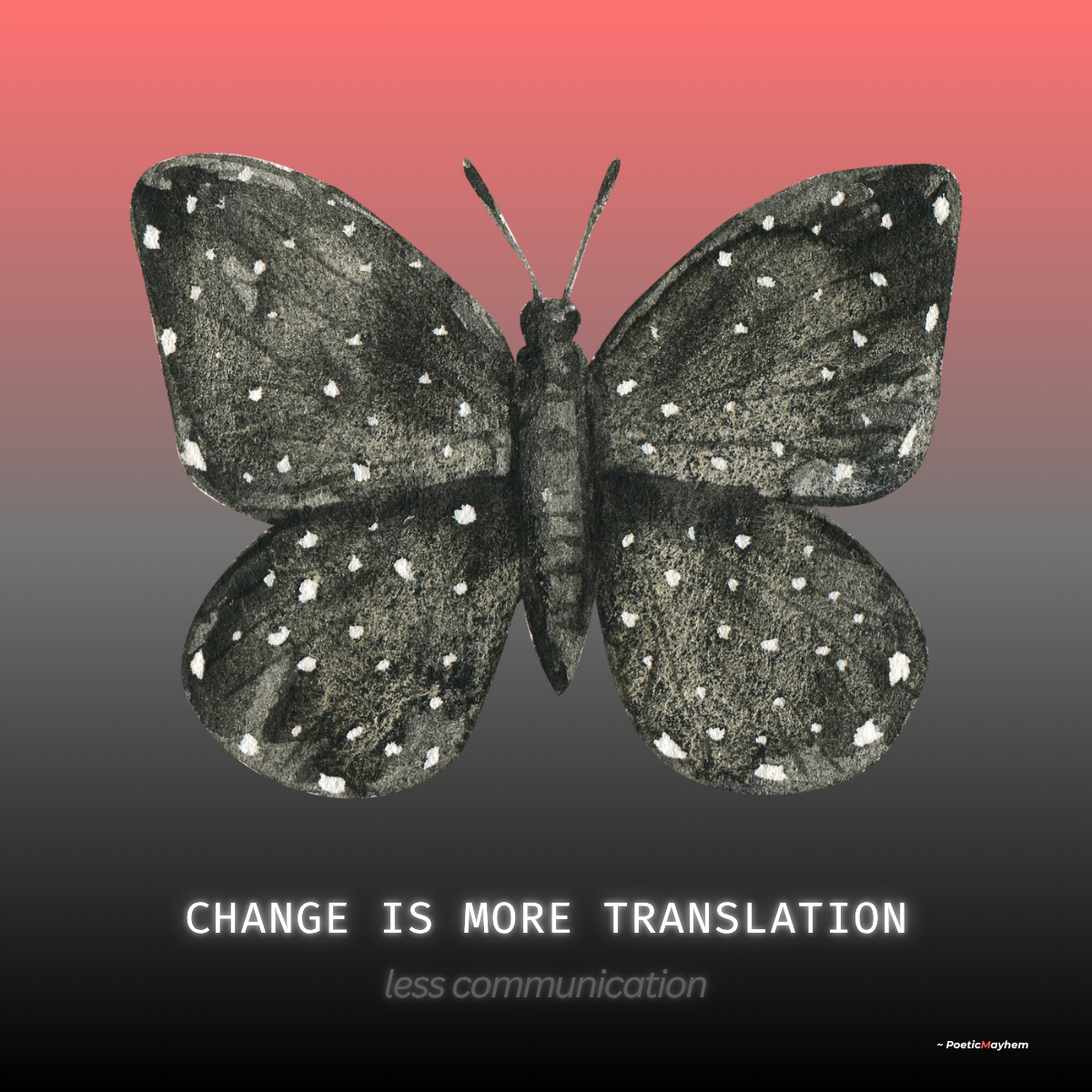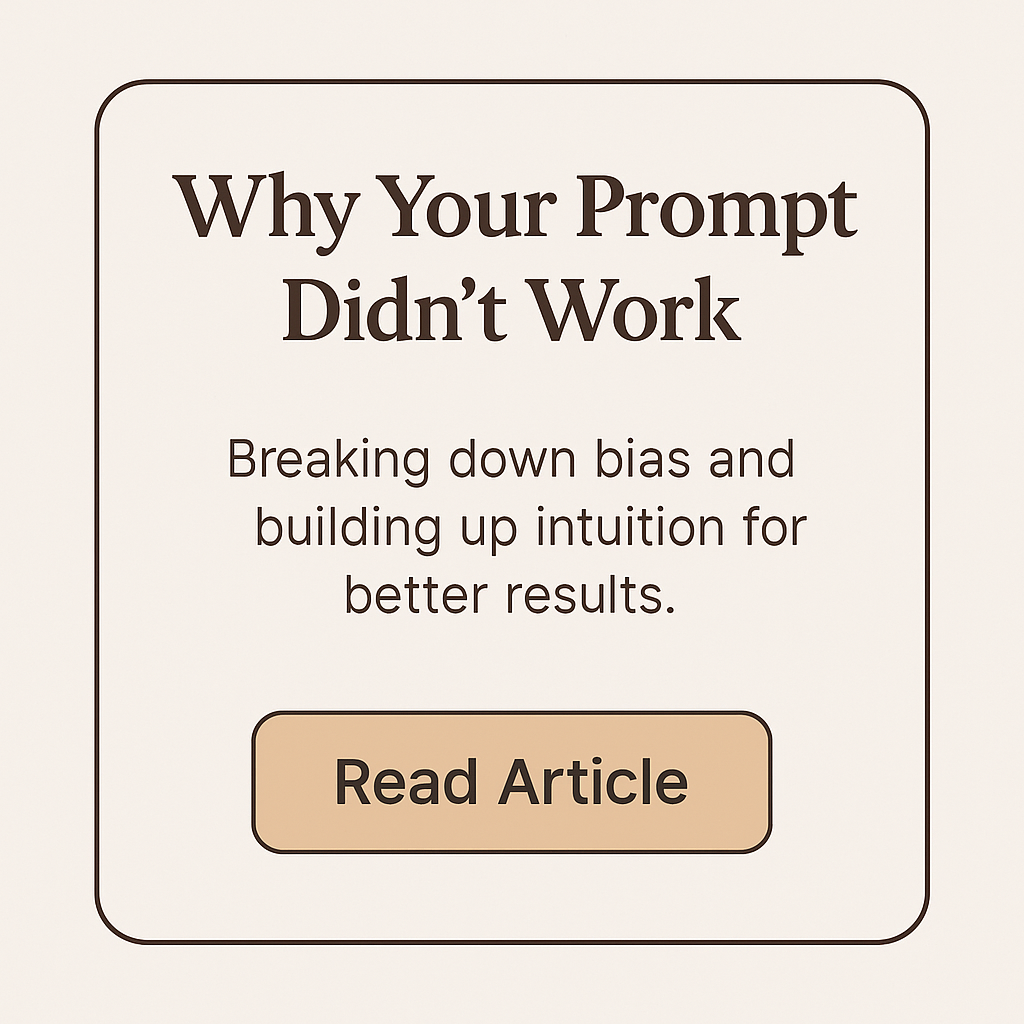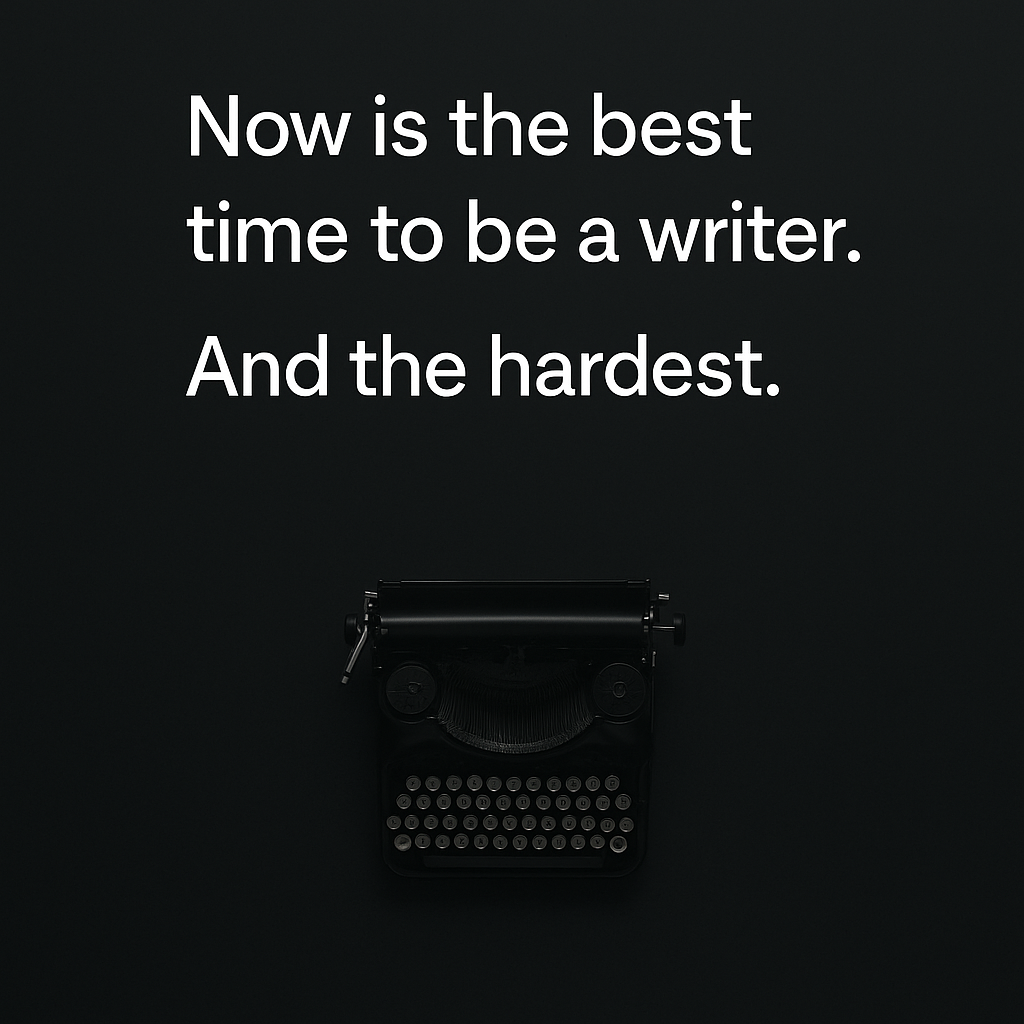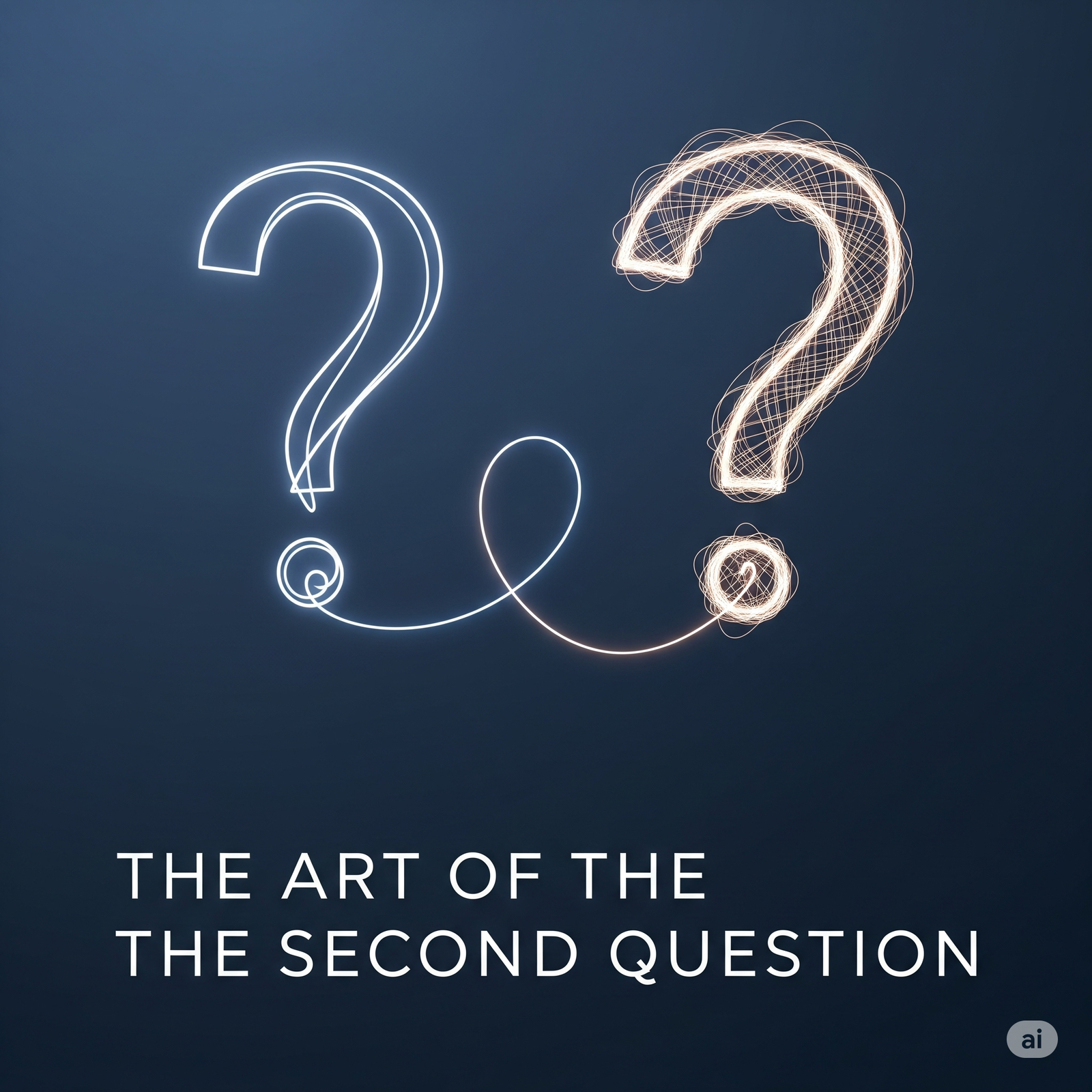7 Deadly Sins
What? – Quid
Why? – Cur
How? – Quo-modo
Where? – Ubi
Who? – Quis
When? – Quando
With What? – Quibus Auxiliis
“The Power of accurate observation and deduction is commonly termed as cynicism by those who have not got it.” George Bernard Shaw
The essence of life is symmetry, one can follow a straight path, or one can find meaning in questions and going through the ups and downs of the letter W to reach a symmetrical point.
Why does Why matters? what fuels What, where will What and Why take us With What to achieve. How to reach there? The most important thing -Is it worth all of this.
The Porter took a ball of clay and put a thought in his head, he put some What and put some How and placed on his ceramic ware, what shapes came out again and again still didn’t give him flair. So, then he put some more of When and added some of Why but whatever he added to make it right was still to his despair. He asked Why what to do but When never came and so the potter stopped churning his Wheel and it was The End.
Life, with all its intricacies and mysteries, often leads us to the profound questions of existence.
What is the purpose? Why are we here? How do we find meaning in a world that feels, at times, disconnected and chaotic?
These are questions we all encounter in our lives, some of us asking more frequently than others, and yet, the answers often seem elusive. In “Conscience of an Unconscious Subconscious”, I explore not just the act of asking these existential questions, but also the consequences of constantly questioning life without truly engaging with it. It is a reflection on the nature of self-inquiry and how it can sometimes drain the joy from the process itself.
The potter—who embarks on a journey of creation.
The potter, with their wheel and hands, attempts to shape meaning out of the clay of existence, but finds themselves trapped in a cycle of dissatisfaction.
No matter how much they question “Why?”, “What?”, or “When?”, the answers seem to elude them, leaving them frustrated and disconnected from the act of creation itself. The potter’s struggle mirrors a common human experience: the more we search for meaning and the more questions we ask, the more we risk losing sight of the simple joy of the process. The idea of questioning becoming a barrier to the experiences.
The Cycle of Overthinking
We live in an age of constant inquiry. With the internet and easy access to information, we are always encouraged to search for answers. Self-help books, philosophical musings, and motivational content tell us that we should always be striving for improvement, for understanding, for clarity. The desire to know, to understand every detail, can feel like a drive that gives us purpose. However, what often happens is that we end up lost in a cycle of overthinking. The act of questioning becomes so consuming that it stops being a tool for growth and starts to drain our energy and enthusiasm for the very activity we once enjoyed.
This is where the potter’s journey becomes metaphorical for all of us. The potter’s wheel keeps turning, and they keep asking “What should I create?” “Why does this not work?” “When will it all make sense?” Instead of finding satisfaction in the act of molding the clay, they get caught in the swirl of doubt. They look for an answer, a shape, a form that feels complete, but every time they think they’ve found it, it slips away, leaving only frustration.
This is what happens when we place too much focus on finding the answers without engaging fully in the process. In life, it’s easy to get caught up in the idea that we must always have a purpose or a goal. We constantly look for the “right” path, the “correct” way of doing things, or the “perfect” outcome. But, in doing so, we often lose the joy of simply living, creating, and experiencing the world without the need for constant validation or a solution.
The Importance of Engagement Without Inquiry
The poem suggests that sometimes it’s not about seeking the answers to life’s big questions, but simply engaging in the experience itself. The potter’s ultimate failure lies not in their inability to ask the right questions, but in their unwillingness to engage with the clay without the expectation of perfection or a meaningful result. Life, much like the clay, must be shaped with hands that are willing to feel, to mold, and to experiment, without obsessing over what the outcome will be.
It’s a delicate balance: questioning and curiosity are natural parts of the human experience, and they can lead to a clear conscience, growth and wisdom. But when we overemphasize these aspects, we risk missing out on the richness of the process. The act of questioning can, at times, become a barrier that prevents us from fully participating in the journey itself. In fact, in many ways, not questioning can sometimes be just as valuable. When we give ourselves permission to simply experience life—without needing to analyze every moment—we open ourselves to deeper levels of engagement and fulfillment.
This can be applied to many areas of life. Whether it’s in our creative endeavors, relationships, or personal growth, sometimes the best course of action is to let go of the need for constant understanding and be present in the moment. Just as the potter must allow the clay to shape itself through their hands, we too must allow life to unfold naturally, without overcomplicating it with endless inquiries.
Finding Fulfilment in the Process
The moral of the poem is clear: the joy of life is not always found in having all the answers, but in engaging with the process itself. When we focus too much on questioning, we lose sight of the beauty of the journey. There is a certain fulfillment in simply being present, in allowing ourselves to experience and grow without the pressure of understanding everything. This doesn’t mean we should abandon questions altogether. It means we should recognize that not having all the answers is not a failure, but a natural part of existence.
When we allow ourselves to engage without constantly questioning, we create space for discovery, creativity, joy, and a clear conscience. Life is not always about finding answers; it’s about enjoying the ride, feeling the texture of the clay in our hands, and trusting that the process itself is valuable.
Conclusion
“Conscience of an Unconscious Subconscious”, offers a poetic reflection on the importance of balance. While seeking meaning and asking questions are essential parts of human life, it’s just as important to sometimes put those questions aside and simply experience the world around us. Just as the potter’s wheel keeps turning, we too must allow ourselves to engage in life without the pressure of needing to have everything figured out. By embracing the journey, we find that the process itself is often the most meaningful part.







